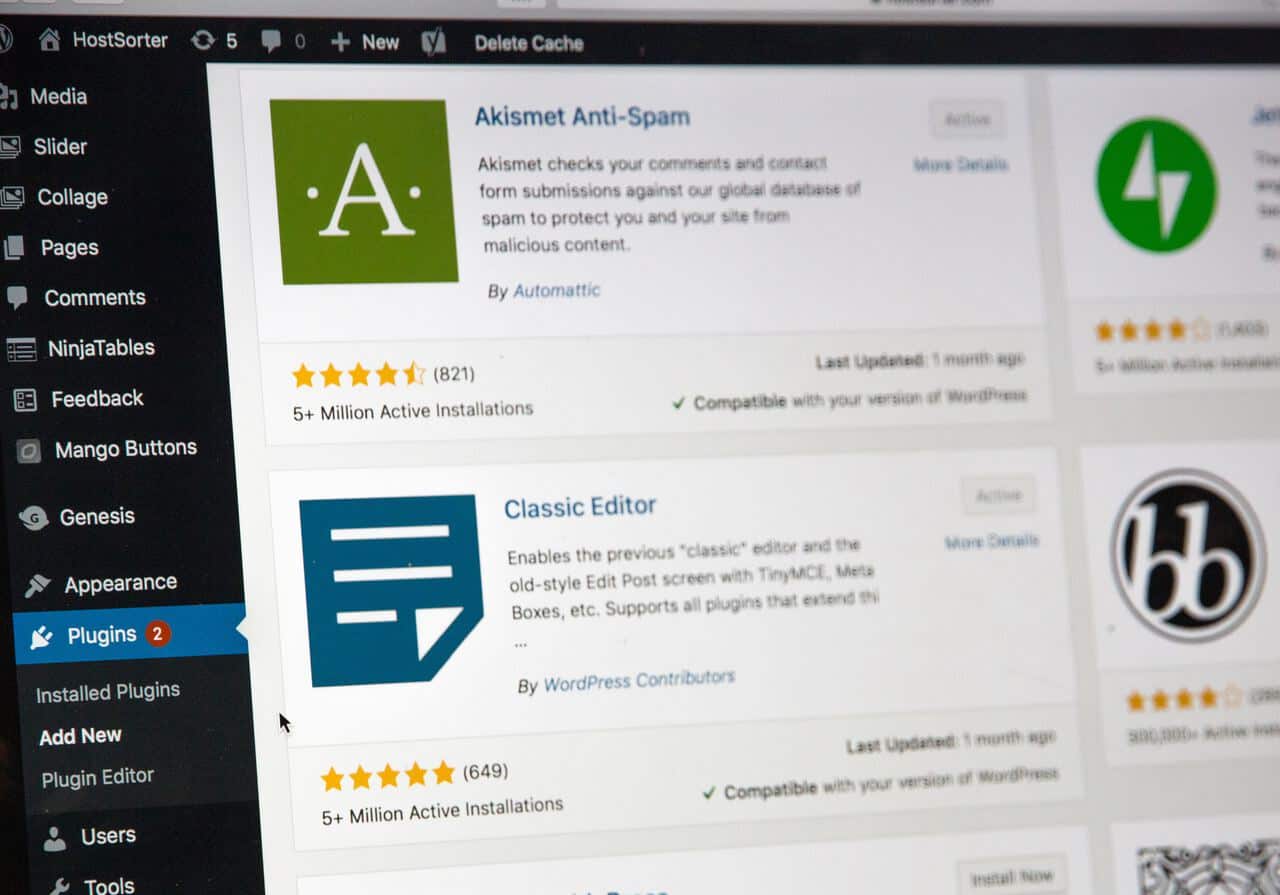Starting a website can be a daunting prospect. You have to buy a domain name. Set up hosting. Create content. And you need to do all of this with the ever-lurking fear that your website will get hacked and your data will get compromised.
To help assuage that fear, we’ve written this article. In it, you’ll find five concrete website security tips that you could put into play starting today. These network security tips will help you build an iron wall around your website to keep it safe from hackers with nefarious intentions.
1. Start with Secure Hosting

The first step in the process of building a secure website is to start with the right hosting package. There is a lot of different website hosting services that will serve as your Data Centre.
When sifting through the options available, make sure that you make hosting security one of your top focuses. The website host should be able to articulate the steps that they take in order to ensure secure hosting. In addition, they should have a very strong reputation for proactively tackling security issues.
2. Leverage a Strong Password
One of the most common ways that hackers gain access to websites is through a brute force attack that guesses the administrator’s login details. Brute force attacks, however, can generally be foiled simply by using a very strong password.
Use an unusual combination of alphanumeric text, special characters, symbols, and capitalizations in order to secure your blog or website. Having additional layers of complexity in your password will stymie any hacking software that’s trying permutations of various passwords to guess yours.
3. Vet All Plugins and Web Development Tools

Whenever you bring in a website plugin or development tool into the mix, it’s crucial that you vet the product thoroughly before you install it into your database. The first thing to consider is whether the product’s developer is reputable.
There are many hacking software downloads masquerading as helpful web development tools.
But even if the product developer didn’t create the tool with nefarious intentions in mind, they might still have overlooked some security vulnerabilities that would then expose your database to hackers.
4. Backup Regularly
Another important aspect of security is having automated backups in place. This is to that in case your data ever is compromised, you have a complete backup of everything that you would have created to date.
5. Use a Firewall

Last but certainly not least, you should leverage a firewall in your website to block hacking tools. This firewall will be your website’s first line of defense against hackers.
Website Security Tips You Need to Know
There you have it! With these website security tips under your belt, you should be far better equipped to ensure that your website stays secure and safe from any hackers with nefarious intentions.
If you’re looking for more website advice, then rest assured that you’re in the right place! Be sure to take some time to browse through and check out the rest of the articles on the website before you leave!
